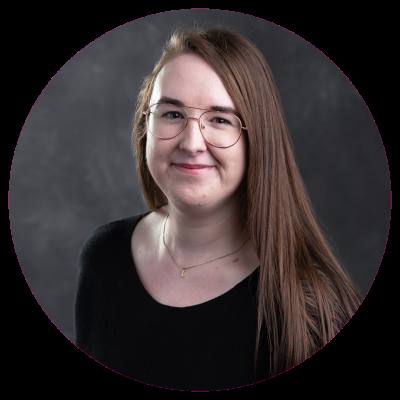Editor's note: This story has been updated to reflect the monthly clinic began last October.
Volunteer medical students are on track to serve dozens of people through a monthly Saturday clinic that provides primary care to patients at TOMAGWA HealthCare Ministries, a local health care nonprofit providing medical care to underserved communities in Tomball, Magnolia and Waller.
The monthly clinic—a three-way partnership started last October among TOMAGWA, the Texas A&M University College of Medicine and Houston Methodist Willowbrook Hospital—gives students medical experience while they treat patients under the guidance of a licensed doctor.
“We were able to deliver this service, and it was not at a cost to TOMAGWA or the patient, and the patient had access to care,” TOMAGWA CEO Timika Simmons said. “So I normally wouldn’t have been able to open up on that Saturday because of the amount it would have cost to open up on that Saturday.”
Conversations about the possibility of a clinic began in 2020, when the first class of medical students arrived to train at Houston Methodist Willowbrook, said Dr. Stephanie Bruce, assistant site dean at Houston Methodist Willowbrook for the Texas A&M University School of Medicine.
“The other clinical sites for Texas A&M all have some sort of community clinic,” Bruce said. “In fact, I had worked as a medical student at a local community clinic for the homeless in Temple, Texas, when I was a medical student.”
Delayed by the pandemic, it was the second class of medical students who recruited a volunteer physician to oversee their efforts and ultimately launched the clinic last fall. It is not a requirement to graduate; the students volunteering at the clinic do so of their own volition.
“This is on their free time to give back to the community and to be able to help the patients,” Bruce said. “It does improve their training. In fact, some of our best medical students are ones that choose to volunteer at TOMAGAWA because it is just a great learning experience. But it’s also a way for them to give back.”
Medical student Eiline Cai, who recently began her fourth and final year of medical school, said she has been volunteering at the clinic since it started.
“It’s one of those moments where you feel like going to med school is really worth it,” Cai said. “It’s one of those moments where you absolutely feel like, ‘I am learning things. I can actually do stuff with the things that I learned.’”
During the four-hour clinic, the students see around four to eight patients with medical students doing nearly everything under the guidance of a licensed physician, Cai said.
“The really interesting thing about TOMAGWA that I think is a really good learning opportunity for students is that ... in a hospital, you can be a bit spoiled; you have all this access to imaging and lab work,” Cai said. “That’s not necessarily the case at TOMAGWA. You have to be very specifically mindful of what kind of imaging and what kind of lab work and what kind of tests [patients] need because they’ll be charged for it.”
Cai also said the students have plans to expand the clinic to two Saturdays a month.
“What we need more is to recruit volunteer physicians who are willing to come in,” Cai said. “If we want to be able to do the things that we do, such as counseling and prescribing medication and ordering urinalysis tests and ordering labs and imaging, there has to be a licensed physician.”





